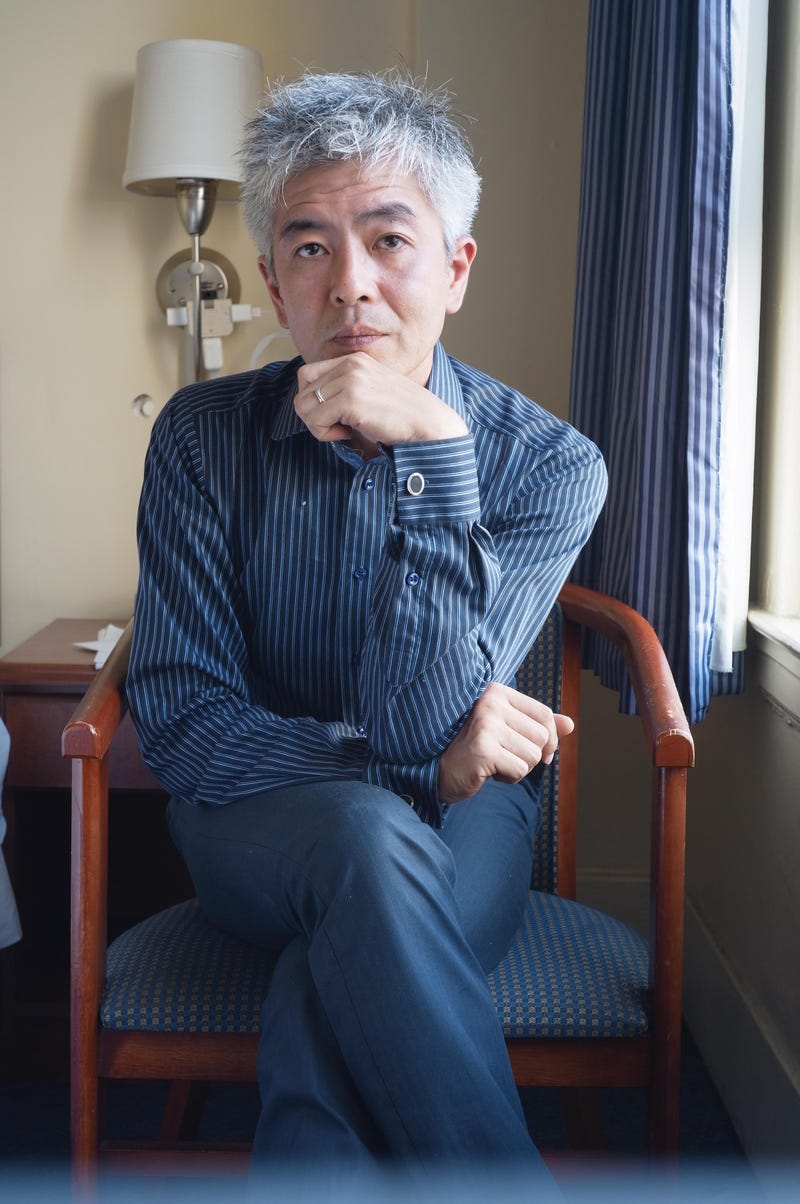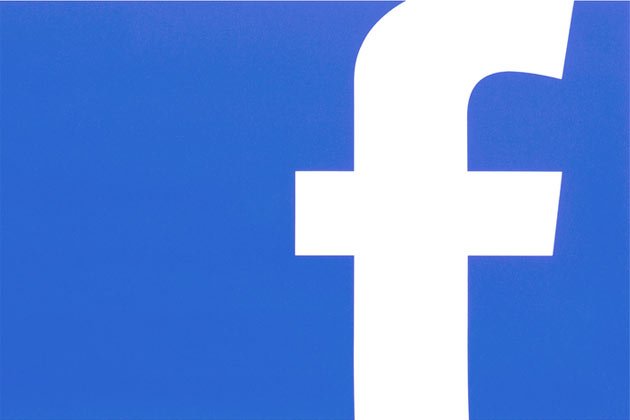
I’ve been increasingly interested in translated science fiction novels, and one of the best ones that I picked up this year was Taiyo Fujii’s debut Gene Mapper.
Gene Mapper takes place in a future where augmented reality and genetic engineering is commonplace. When a freelance gene mapper named Hayashida finds that a project that he had worked on is collapsing, he believes that it’s being sabotaged. Determined to fix it, he travels to Vietnam where he finds that there’s more behind the problem than he initially thought.
You can read a tie-in story over on Lightspeed Magazine, ‘Violation of the TrueNet Security Act’.
While reading it, I was a little surprised to find that while it’s somewhat similar to Paolo Bacigalupi’s The Windup Girl (in region, content and style), it feels like it’s a far more optimistic novel. I recently spoke to Fujii, who spoke about what was behind the novel, and his outlook on the future.
Your first novel, Gene Mapper, explores a future where food is heavily modified in order to meet global demands and to ward off diseases. What helped inspire this future?
I saw a piece on the news about an agriculture lab that released their organic crop development method. First they seek target DNA code with using genetic engineering, then they start crossing seeds on a legacy test farm field with target DNA.
Still organic? Some say so, but in fact it’s a danger. How do they deal with gene mutation outside the targeted genetic locus? Are the target DNA codes safe? The risk of unexpected mutation seems high
GMOs are a better way to grow food if target DNA codes are known, and focusing on suitable genes is the most important part of developing crops with genetic engineering, I think.
One of the things I was most impressed with in the book was that in a publishing environment where dark, dystopian worlds are popular, yours seems a bit more optimistic about where we’re headed. Do you think technology can deliver a better future for us?
Yes!
Is it too short an answer? Okay. When I was in junior high school, my teacher showed us an illustration of a baby in test tube, and it terrified us. Thirty years later, my wife and I used in vitro fertilization to have a child. During birth, our son was in breech, but we knew thanks to a sonogram and elected to have a Cesarean section. Our son was born fine, but my wife’s womb began bleeding. The surgeon decided to stop the leak with a magnetic stent, and so.
Five days later we were home, technology having saved both my wife and child. Were I an adult in the early 1970s, I’d be childless; in the 1980s I’d be a widower too. I know the downsides to technology: it can kill, eliminate jobs, or just make as sad. But overall, tomorrow will be better than today because of technology. Let’s live in a world where we can all experience the bounty of technology
Gene Mapper came about in an unconventional way – can you tell us how you first published the book and how you were able to get it translated?
I got an idea to write a novel after the 2011 earthquake and subsequent nuclear accident. I downloaded a dozen novel-writing apps on my iPhone and got to work
This was my first attempt at writing a story. At that time, I didn’t know anything about point of view, showing versus telling, or anything else about the craft of writing. I designed Gene Mapper like it was an FPS game. When I finished three chapters, I showed it to a friend. He told me that Gene Mapperwas a hard-boiled techno-thriller, because it was told via purely in the first person. He reminded me that I wasn’t writing in a vacuum; there was a tradition I was a part of. I started to re-read my favorite novels with author’s eye and kept writing on my commute.
After six months, the first draft was finished, then I started to make e-book in early EPUB 3.0 format in order to support Japanese legacy typesetting. At that time, EPUB 3.0 reading system had not yet been released, so I built an environment with using WebKit and an on-the-fly packaging system with Ruby, and kept polishing Gene Mapper for release.
By the time I finished the second draft, fortunately, the Japanese e-book platform Rakuten Kobo had launched. I submitted Gene Mapper and it became a bestseller alongside work by Philip K. Dick, Arthur C. Clark, and the work of other Japanese writers.
I was lucky. All the other books were backlist titles; only Gene Mapper was new.
Three months later, Kindle launched in Japan. I submitted Gene Mapper to the Best Kindle Book of the Year and it won in the fiction category.
The prominent Japanese genre publisher Hayakawa contacted me, and I contracted to rewrite Gene Mapper. And that’s how I became a professional writer. The revised Gene Mapper was nominated for both the Japan SF Grand Prize and the Seiun Award.
The next year, Haikasoru contacted to Hayakawa and arranged to translate and publish Gene Mapper in English.
How would you describe the state of Japanese genre fiction? What can we expect to see in the years to come from your country?
The field is strong. There are two dedicated genre publishers, Hayakawa and Tokyo Sogen-Sha, in Japan. Both find new writers primarily through contests for both short fiction and novel-length work. And an editor/translator, Nozomi Omori, launched an original short fiction anthology series called Nova, published by Kawade-Shobo in 2009. Dozens of authors have debuted in Nova, which has become a vital venue for publishing short fiction
If you’ve already read Toh EnJoe (Self-Reference ENGINE) and Project Itoh (Harmony and Genocidal Organ) and liked them, you’ll be fascinated by Yusuke Miyauchi in near future. Miyauchi’s serial short story book Banjo-no-yoru(Board Game Stories) uses board games such as Go, checkers, Japanese chess and so-on to explore science fictional themes I love his stuff works. You can read his short story “Sky-Spider” in Haikasoru’s new anthology Hanzai Japan
Other proimisingg authors include Kazuki Muto, Katsuie Shibata, Dempow Torishima (who has a story in 2014’s Phantasm Japan), Satoshi Hase and Hiroe Suga.
What are you working on now, and what should we keep our eyes out for?
I’m writing a near-future thriller, One More Nuke, as a serial. It has to do with an A-bomb terror attack during the 2020 Tokyo Olympics. And started to writeMan Kind, a military SF novel of a firearm trigger operator in a near future ruled by Just War theory.
English-language readers should keep an eye out for news about my second novel Orbital Cloud. In Japan it won both the Seiun and SF Japan awards. It’s near-future SF about orbital debris and Kessler Syndrome. I hope it’ll be available to you all soon.
[“source-io9”]














